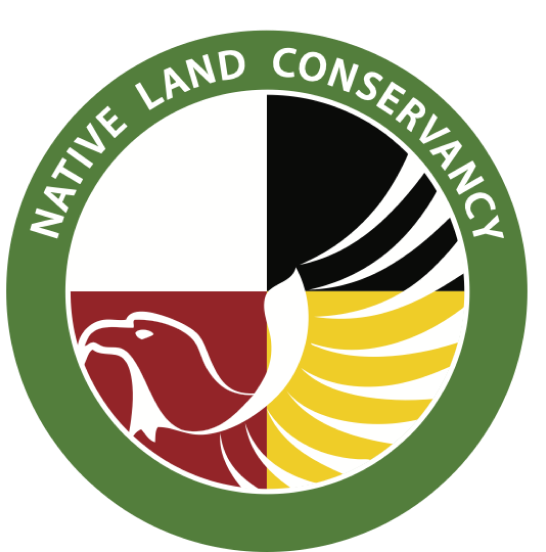spring rituals revisited
I welcomed the New Year, the spring equinox, nostalgically by visiting the Mashpee River. It is the location of my fondest memories of time spent with my father when he would bring my brothers and me to the herring run. Even as a young child, I knew I was participating in a ritual, something my daddy had done since he was a boy and something his daddy had done with him. A true birthright as much for us as it was for the alewives - the fish returning to the place they were born to spawn and my father returning home to Mashpee to teach his children who they were in the most basic sense. We are Wampanoag and Mashpee sustains us. Each of us, the Wampanoag, and the herring, had participated in this act for thousands of years. It is etched in our DNA.
When we got to the river there were always other people there as if it were a planned gathering, and in a sense, it was, the invitation extended by the fish just as it was to the flock of seagulls that swarmed overhead. My father knew everyone by a nickname and introduced them to us as a cousin. They all laughed and reminisced with no urgency for fishing. Some had nets and buckets and others just sat in their trucks to watch the pageant of patriarchy.
On one occasion I remember seeing the river so black with fish I imagined I could walk across them to the other side. I took off my socks and shoes, rolled up my pants, and waded into the chilly water. My tender feet and skinny legs quickly adapted. As our fathers netted fish, there were other children in the water and for all our splashing about the herring were undeterred on their mission to the pond. They raced between our legs and up the flume to freedom for those that made it, following a scent left three years earlier leading them to their birthplace in Mashpee Pond to lay their eggs.
The less lucky fish were those we were able to grab as slippery as they were and toss to the bank where our fathers would collect them. It was the easiest fishing I ever did but my father would manage to make it feel like such an accomplishment, grabbing the fish and holding it triumphantly in the air declaring “Mashpee turkey!” that quintessential food that sustained us in so many ways.
Back home the occasion was typically celebrated with my dad’s best friend Vernon Pocknett as they cleaned and gutted the fish, examining each one for the knowing bulge in the belly with great anticipation for the roe. My Dad would say, “ah, look what we have here.” He showed us the amber sack of tiny eggs that he would sauté as a delicacy. As for the herring, some were for the smokehouse some for corning, and some, as bony as it was, for the frying pan. What remained fertilized the garden.
These days I bring my children and grandchildren to the herring run, but it is a very different occasion. The old timers like Vernon and my dad are gone and so too are so many of the fish. In the last two decades, there has been a dramatic decline in herring returning to Mashpee Pond and ponds and lakes all over the state. In addition to being commercially overfished at sea, their river habitats have been altered by overdevelopment, road crossings, and pollution. For thousands of years, these fish found their way home instinctually and now suffer a migratory crisis manifested in my lifetime. It has caused the state to issue a ban on harvesting herring that applies to anyone who is not a Wampanoag and a group of young Wampanoag tribal members, the Mashpee Native Environmental Ambassadors, to launch a campaign to establish the rights of nature, specifically the rights of herring to freely migrate to the ponds. At NLC we support those efforts and work to restore the river to become a welcoming environment once again for the herring and for our tribal rituals to continue.
Paula “SonkWaban” Peters


